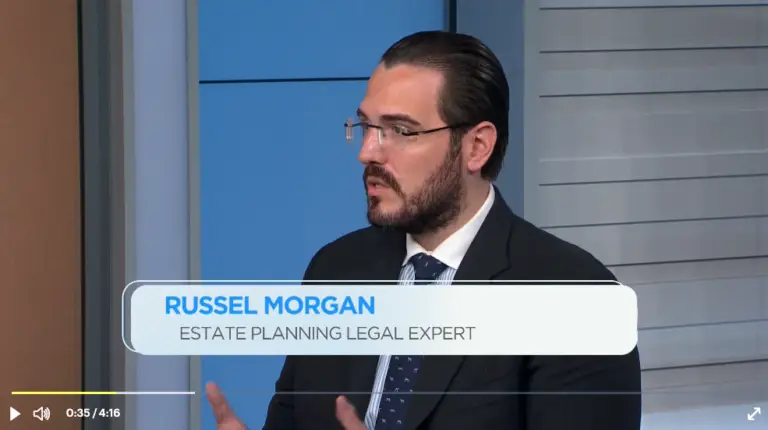
Publications
What you need to know when deciding to make a will
What You Need to Know When Deciding to Make a Will It’s a startling statistic: only one in three people have a last will and
Home » make a will

What You Need to Know When Deciding to Make a Will It’s a startling statistic: only one in three people have a last will and